Search Results
Showing results 221 to 240 of 296
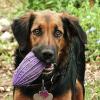
Colorblind Dogs
Source Institutions
This activity (on page 2 of the PDF under SciGirls Activity: Colorblind Dogs) is a full inquiry investigation into dogs' ability (or inability) to see color.

Wolf Survival is Just a Roll Away
Source Institutions
In this simulation activity, learners will raise a pack of wolves under ten different conditions: without human interference and with human interference.
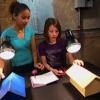
Doghouse Design
Source Institutions
This activity (on page 2 of the PDF under SciGirls Activity: Doghouse Design) is a full inquiry investigation into absorption and reflection of radiant energy.
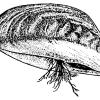
Don't Stop for Hitchhikers
Source Institutions
In this activity, learners role-play the part of lake inhabitants and the aquatic exotics who displace the native species.
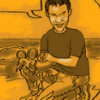
Harmless Holder
Source Institutions
Have you noticed the plastic rings that are used to hold six-packs of soda? Those rings are great for carrying cans, but they're real trouble when they become trash that animals can get tangled in.
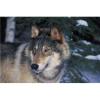
Wolf Limiting Factors
Source Institutions
In this activity, learners simulate a wolf and its habitat and observe what happens when the limiting factors change over time.

Coral Snapshots: Biodiversity in Marine Protected Areas
Source Institutions
In this data activity, learners analyze data from coral reef snapshots taken by scientists at the Virginia Institute of Marine Science.
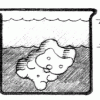
Gummy Growth
Source Institutions
In this activity related to Archimedes' Principle, learners use water displacement to compare the volume of an expanded gummy bear with a gummy bear in its original condition.
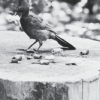
Jay Play
Source Institutions
In this outdoor activity, learners find out the color of food that jays prefer and then try to change the birds' preference by altering the taste of the food with salt.
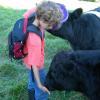
Virtual Farm Management
Source Institutions
This activity (located on page 3 of the PDF under GPS: Farm Animals Activity) is a full inquiry investigation into raising livestock.
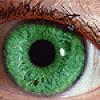
Our Sense of Sight: Eye Anatomy and Function
Source Institutions
In this activity, learners investigate the sense of sight and develop and conduct their own experiments.
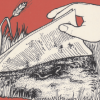
Junk-in-the-Box
Source Institutions
In this outdoor activity, learners explore how a surprising number of animals use human-made litter, such as cans and crumpled paper, to find food and shelter in their environment.
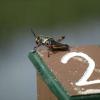
Jump Start
Source Institutions
In this movement and measurement activity, learners jump as far as they can three times, and compare their longest jump to the longest jump of their friends, classmates and/or family members.
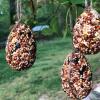
For the Birds
Source Institutions
In this activity, learners will explore nature by creating food for birds. Learners will develop fine motor skills and engage in nature observation through this activity.
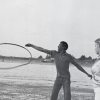
Clam Hooping
Source Institutions
In this two-part outdoor activity, learners conduct a population census of squirting clams on a beach or mudflat, and investigate the clams' natural history.
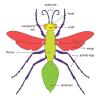
Invent an Insect
Source Institutions
In this creative activity, learners will find out what makes an insect an insect by studying examples of insect adaptations and by examining why there are so many different types of insects.

See the Light
Source Institutions
Learners mix a solution of luminol with hydrogen peroxide to produce a reaction that gives off blue light.
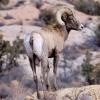
Hike the Habitat: Field Trip in Canyonlands National Park, Utah
Source Institutions
This detailed lesson plan for a field trip to Canyonlands National Park in Utah (page 32 of pdf) teaches students about the habitat of bighorn sheep.
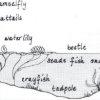
Habitats of the Pond
Source Institutions
In this outdoor activity/field trip, learners locate and study plants and animals in several freshwater pond habitats.
Animal Math Posters
Source Institutions
These math posters have questions written on them, such as: How fast can a cheetah run? or How long can a giant tortoise live? Post these around the room or leave them out for children to explore.
